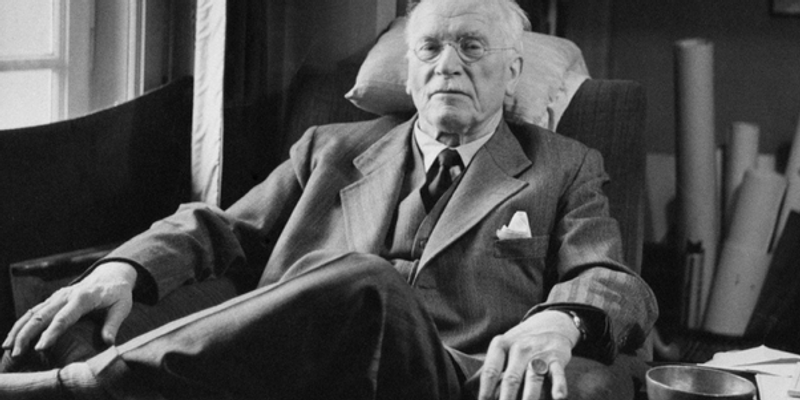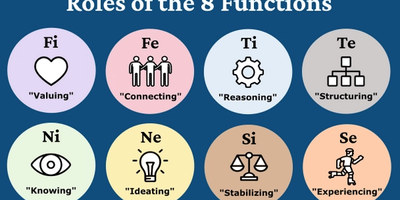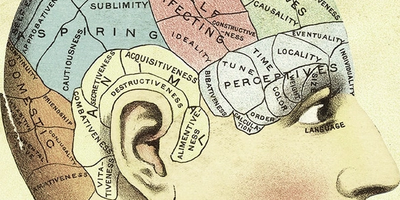Carl Jung and Myers-Briggs Type Indicator

Carl Jung was a Swiss psychiatrist and psychoanalyst who founded analytical psychology. Jung is considered one of the most important figures in the history of psychology. He is best known for his work on personality types, which led to the development of the Myers-Briggs Type Indicator (MBTI).
Jung believed that there are four main personality types: introverted (I), extroverted (E), thinking (T), and feeling (F). He also believed that each type has a unique way of perceiving and interpreting the world.
Jung's work on personality types has been extremely influential, and the MBTI is now one of the most widely used personality assessments in the world. Jung's theory of personality types is still used by many psychologists and counselors to help people better understand themselves and others.
Is MBTI Scientific?
The MBTI is based on Jung's theory of personality types, which is not scientifically supported. Critics have argued that the MBTI is not a reliable or valid measure of personality.
Despite its lack of scientific support, the MBTI is still widely used by many people, including psychologists, counselors, and coaches. Many people find the MBTI to be a helpful tool for exploring their own personality and understanding others.
As a conclusion, while MBTI is not a scientifically supported personality assessment, many people find it to be a useful tool for exploring their own personality and understanding others. Jung's theory of personality types is still used by many psychologists and counselors to help people better understand themselves and others.



